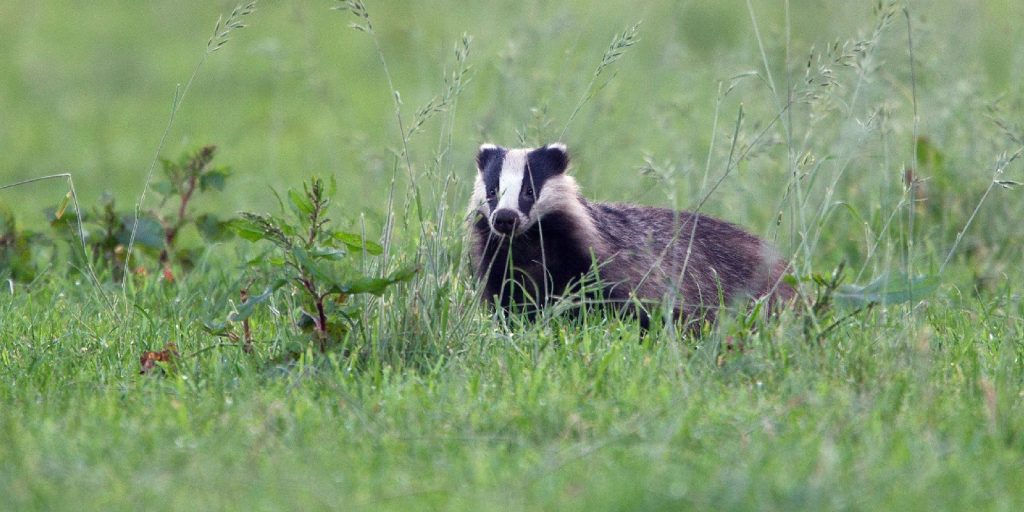Published on: July 2, 2024
BIJ12 has published new versions of its Animal Damage Prevention Kits (FPKs). The FPKs have been revised based on new insights. This makes the measures more effective against wildlife damage and more user-friendly. From 1 November 2024, BIJ12 will test, on behalf of the provinces, animal damage prevention measures based on the new FPKs. This may have consequences for compensation for wildlife damage. Land users should therefore check their measures and adapt them to the new FPKs where necessary.
View FPKs that apply from November 1, 2024 here View FPKs that apply until October 31, 2024 here
New visions
Land users are responsible for preventing or reducing damage to their agricultural crops caused by protected animals. FPKs provide for preventive measures that can be taken to qualify for compensation for damage to wildlife.
The FPKs were reviewed based on the latest knowledge in the field of environmental effectiveness, practical usability, legislation and regulations. The measures work better against damage to wildlife and are more visible to the user. The review was carried out, on behalf of BIJ12, by agricultural consultancy De Natuurverdoubleaars and environmental consultancy Altenburg & Wymenga.
Effective measures
Both the preventive measures of the existing FPKs and the new innovative measures have been tested. This was done on the basis of scientific research, expert assessments and practical experiences of farmers. From the new FPKs, only effective measures will be accepted. Measures that do not adequately repel the harmful animal species or have a high degree of habituation have been removed from the FPKs.
An example of a measure that is not included in the new FPKs is the use of flags and tape to scare away geese. This has been shown to be insufficiently deterrent to the species causing damage and habituation occurs quickly. Therefore, it is no longer necessary to take this measure to qualify for compensation for damage to wildlife.
Other measures work well, such as scarecrows with sound and moving parts and BirdAlert. They repel animal species that cause harm, and are therefore included in new FPKs. New innovative measures can be reported to BIJ12. They are then reviewed periodically, and if effective, are added to FPKs.
A new part of the FPKs is the practical application of the measures. Time, costs and maintenance have been taken into account. The FPKs have also been expanded to include points of interest in the legislation and regulations surrounding the preventive measures. Thus, the FPKs provide more clarity and context for the user.
Consequences of compensation
From 1 November 2024, BIJ12 will test measures against new FPKs. In order to qualify for compensation for damage to wildlife, it is important for land users to take the preventive measures set out in the new FPKs.
For a number of animal species, the new FPKs contain only a few effective and reasonable measures. For these animal species, from 1 November 2024, one preventive measure is sufficient to qualify for compensation for damage to animals. If sufficient measures can be taken, two preventive measures are still necessary to qualify for compensation. Land users can check in the new FPKs what is necessary in their case.
Improve usability
Now that the FPKs have been substantially revised, BIJ12 will improve the usability and appearance of the FPKs. This will make the preventive measures for each condition clearer and easier to find for the ground user. BIJ12 expects this review to begin this summer and be completed in early 2025.
Asks?
Do you have any questions about the new FPKs? Please contact BIJ12 Faunazaken via [email protected] or 085 – 486 22 22.

“Coffee buff. Twitter fanatic. Tv practitioner. Social media advocate. Pop culture ninja.”










More Stories
Which can cause an increase in nitrogen.
The Central State Real Estate Agency has no additional space to accommodate Ukrainians.
The oystercatcher, the “unlucky national bird,” is increasingly breeding on rooftops.